New-to-industry independent shop owners of Autosport Collision combat pandemic slowdown with new shop processes, blueprinting implementation and factory certifications
Golden, Colo.—John and Lizz Thiersch took the leap into collision repair when they purchased Autosport Collision last year, a longtime fixture and well-known shop in Golden, Colo.
“We retired from the corporate world after 30 years and wanted to do something else,” John Thiersch told Aftermarket Matters Weekly.
After searching for a year and considering different businesses, from bank security and environmental waste cleaning to HVAC and builder supplies, they came across Autosport. “We fell in love with it,” he said.
With experience in lean manufacturing, they saw opportunity to streamline operations, which, Thiersch says, was fortunate. They wouldn’t have survived the pandemic otherwise, as the Covid-related downturn in sales “affected us dramatically.”
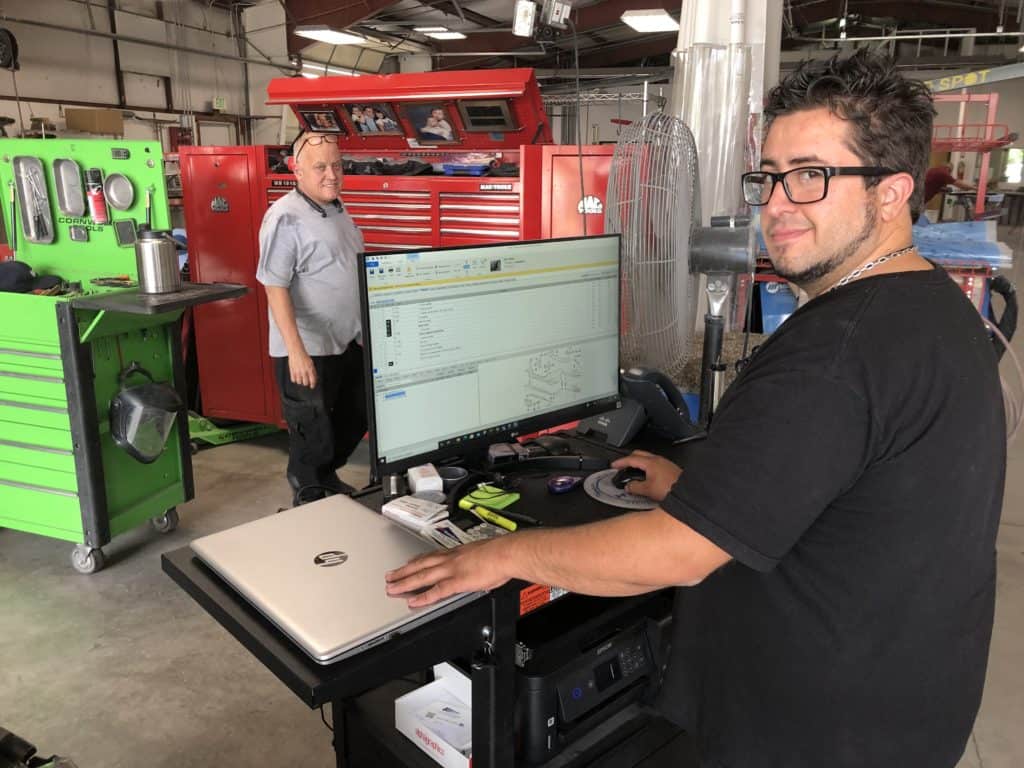
Before the coronavirus hit, the 10,000-square-foot facility had been busy implementing blueprinting processes and making personnel changes. Rather than having a CSR/estimator, the shop adopted a CSR/blueprinter position.
“It makes a fairly complex process as short as possible,” Thiersch said. “Each and every part is ordered in real-time throughout the process.”
Shop Manager Bill Henley, who has been with Autosport for 32 years (and who Thiersch says of, “We couldn’t have asked for anyone who knows the industry better”), added, “It certainly cuts down on the number of supplements when we do a complete teardown and blueprint everything as we’re doing it.
“There will always be a couple little things as we’re finishing up, but it prevents those third or fourth supplements for another $1,000 — and it avoids the phone call with the customer. It helps us, the customers and the insurance company.”
Autosport had been a DRP shop, he added, but shed those relationships nearly 10 years ago to avoid being dictated how to perform repairs.
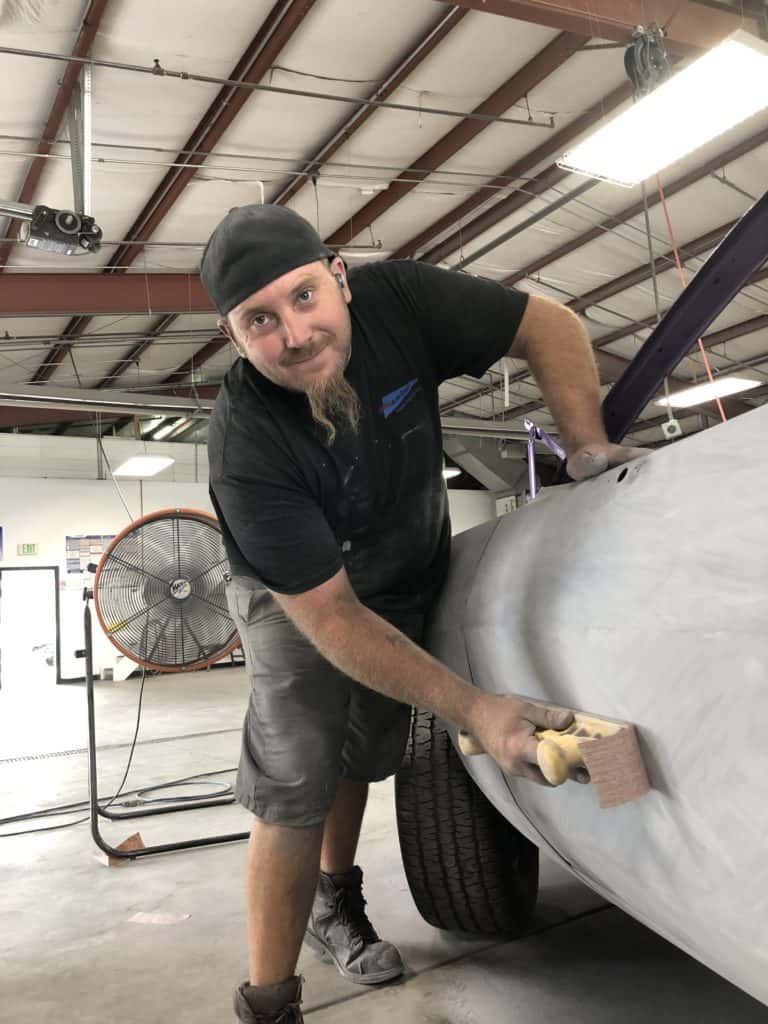
Since they took over ownership, Autosport has received numerous Google reviews, all of which have been five-star ratings except for one.
“It’s been driving a lot of our business and, until Covid, sales volume wasn’t a problem — we were building momentum,” said Thiersch, adding that they had hired an additional technician just as the pandemic was about to hit, but then had to release him.
Part of the shop’s culture is to hire within, including recent promotions of a receptionist to CSR and a detailer to blueprinter. “We’re proud that we still have the same three body techs as when we started, and we’ve promoted our apprentice to lead painter, who is doing very well. Our culture is that we’re fair, honest and consistent.”
Despite the outbreak of the virus, he said the shop lasted further into the pandemic longer with its 12 staff members than most other area collision repairers. “We were booked three or four weeks out at the beginning and we didn’t close our doors like many others around here for a period.”
By the end of May, however, Autosport was beginning to feel the effect, though traffic is now picking back up, as is business. “There’s not the same traffic congestion,” he said, “but estimate numbers are growing and hopefully we can start booking more cars.”
The shop’s team is kept informed of developments in the business as they are affected by the pandemic and the steps that are taken regarding grants, loans and PPP.
“We want to give them a sense of security during these difficult times and they’ve responded well. And they like it here — we work hard at retaining them.”
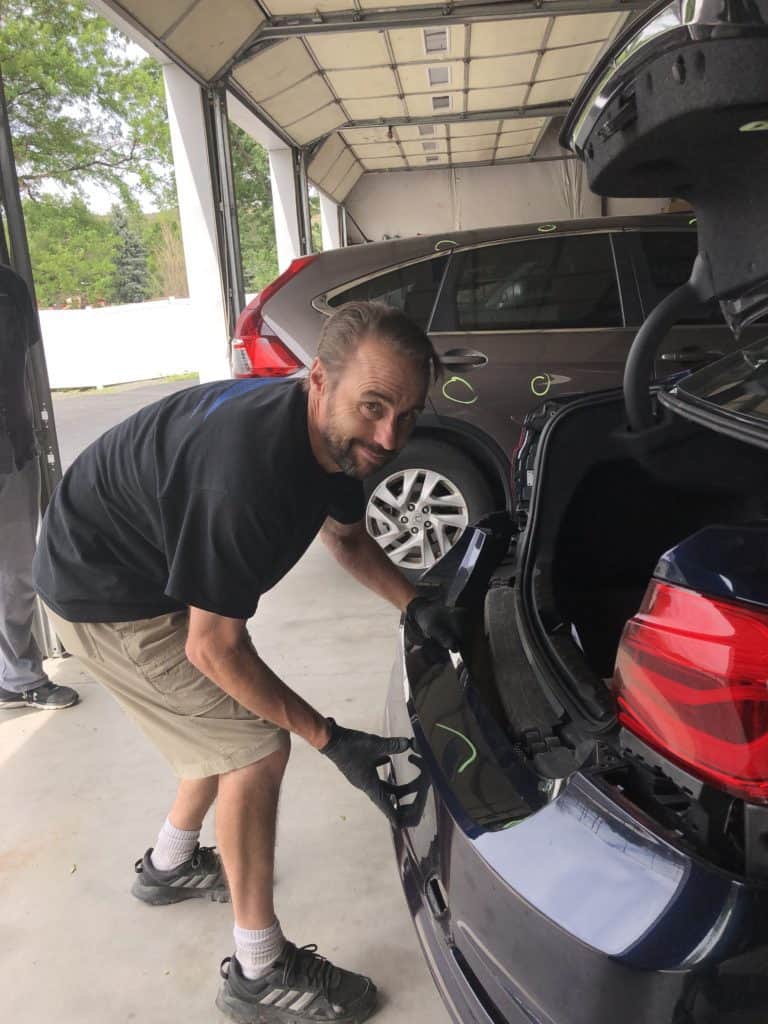
Factory certifications deliver cachet
The I-CAR Gold Class shop has multiple factory certifications, which it began obtaining four years ago. Today, Autosport is certified by Nissan, Infiniti, Kia, Hyundai, GM, FCA, and Ford.
“Auto manufacturers are increasingly influencing their vehicle owners as to where they should have their cars repaired correctly,” Thiersch said. “They’re trying to position themselves so they can get ahead of insurance companies for liability concerns.
“Who is the vehicle owner going to listen to — the OE manufacturer or the insurance company? If DRPs start fading away, which I think they’ve begun to in the past couple years, then we’ll be well-positioned as the OEs continue to step in.”
Lizz Thiersch added that she believes consumers are being educated during vehicle purchase about the benefits of bringing their car to a factory-certified facility in the event of an accident. “We actually receive calls from customers who ask if we’re certified for their vehicle brand.”
Maintaining factory certifications also requires the shop to stay up to date with all necessary training, technology, and tool and equipment investments.
“It’s hard for the small, independent shop to survive today,” Thiersch said. “Of the 1,800 body shops in Colorado, 15 percent remain independent outside of DRPs. They have to keep up with the large MSOs that have the corporate capital to invest in themselves.”
Certifications are one facet that can help independents in that respect, he added, as is handling capital properly to ensure they can remain up to date, so that infrastructure and efficiency can be competitive.
“Independent shops have a choice, either be inefficient with poor profitability — or keep pace with the times and stay in the game.”

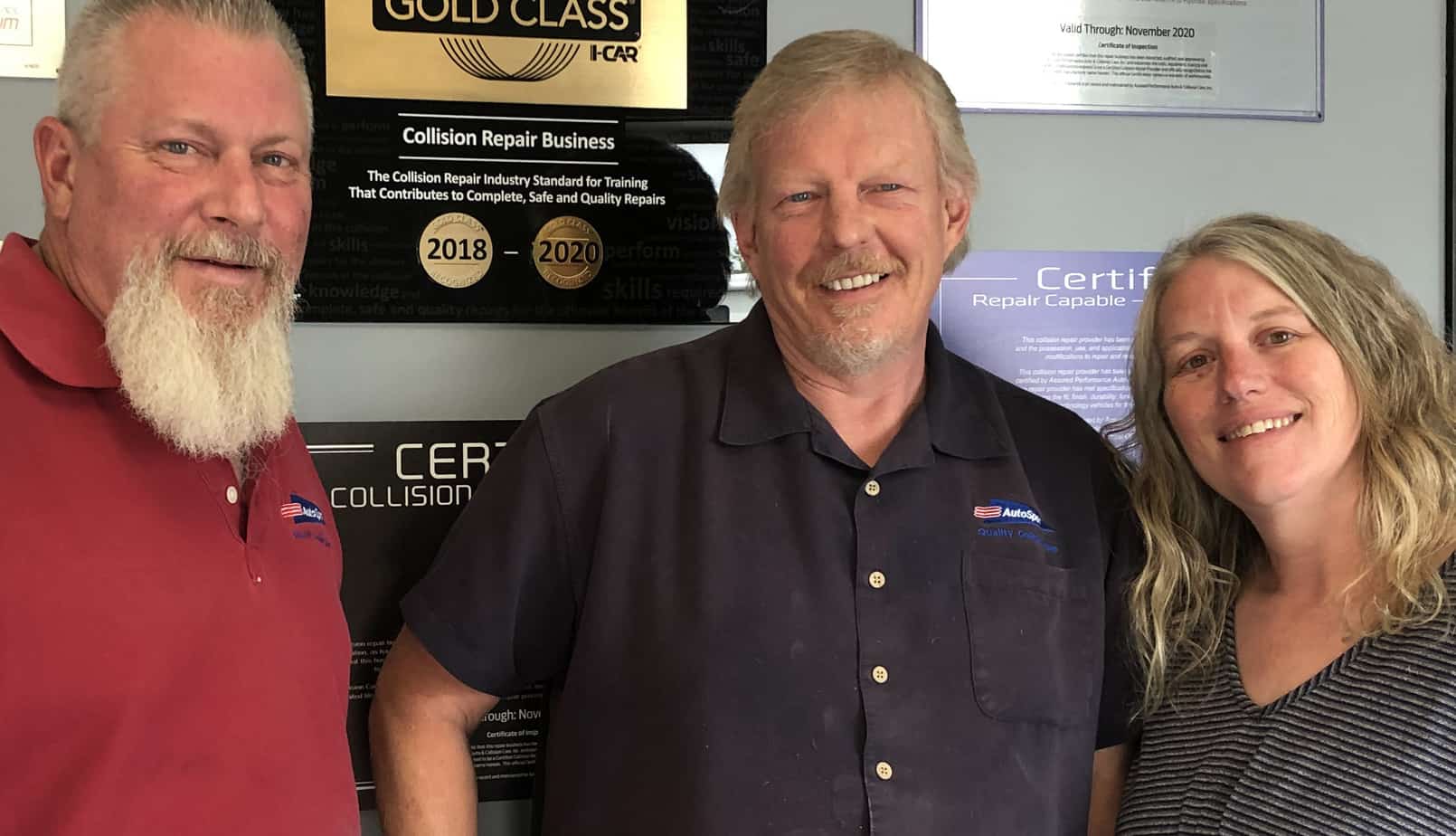



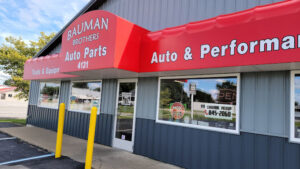

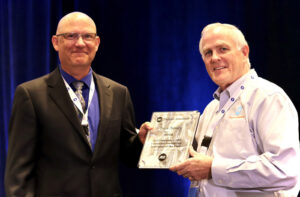
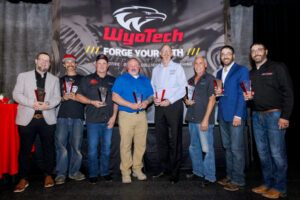
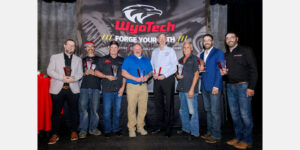

Comments are closed.